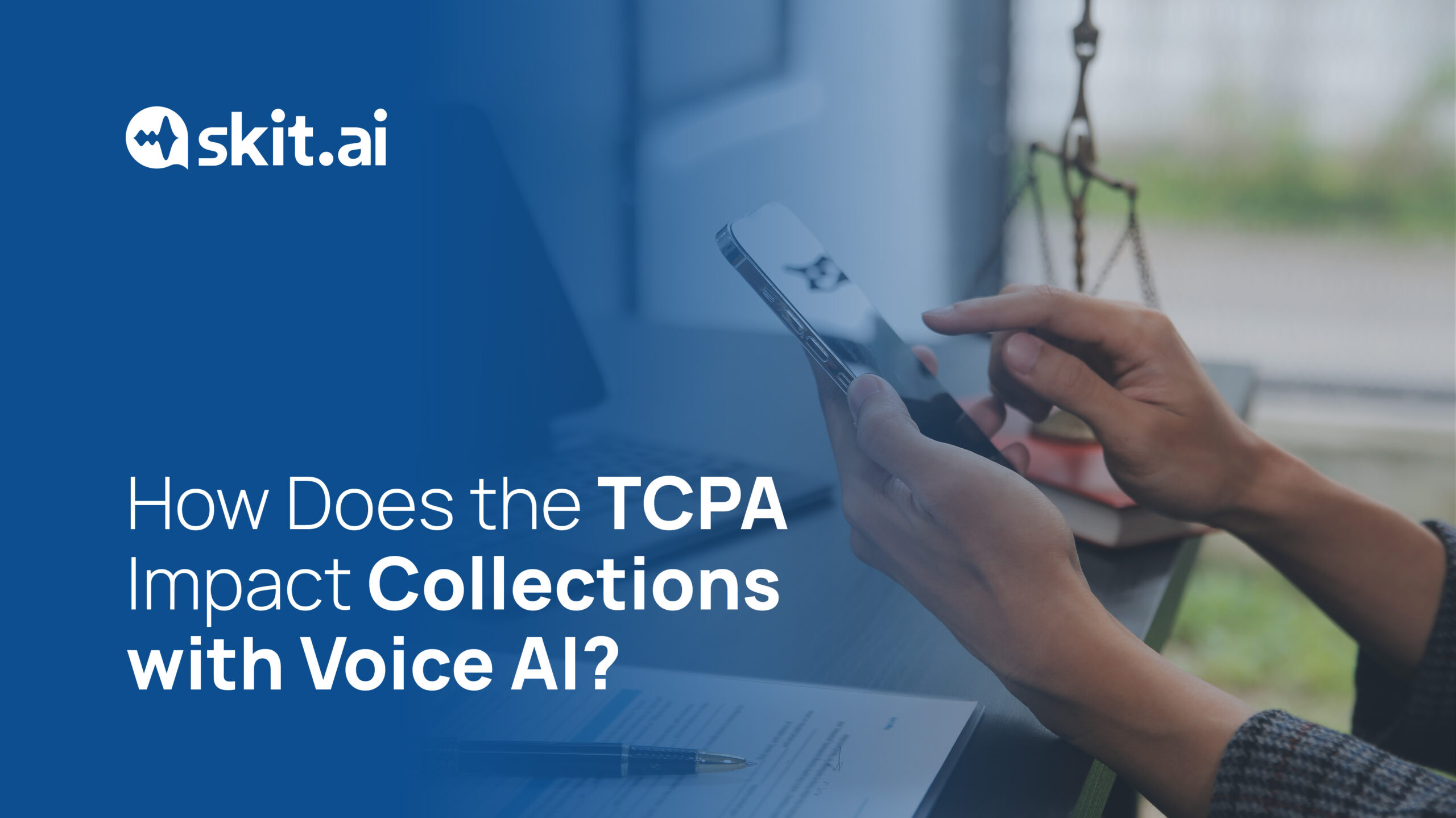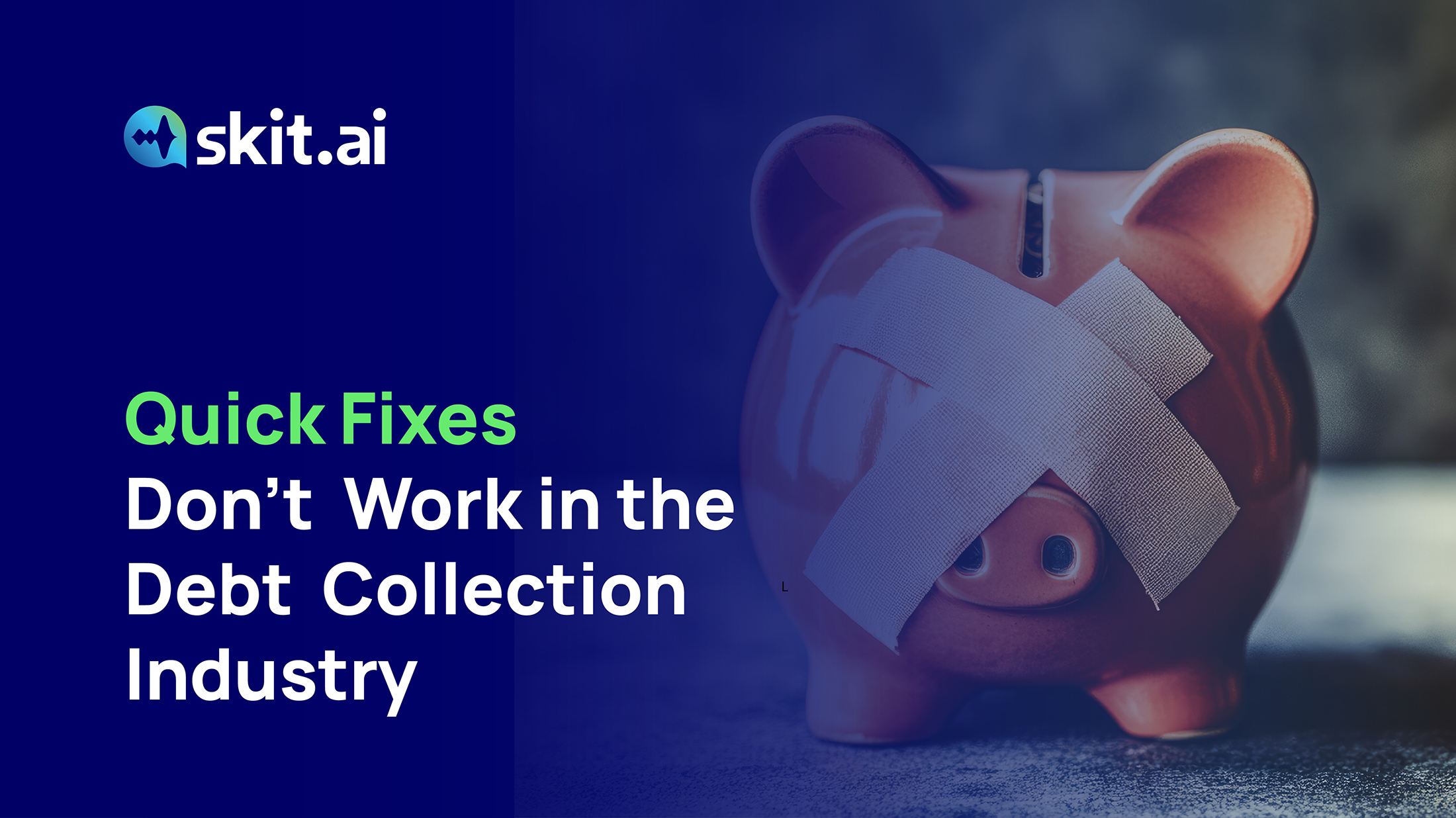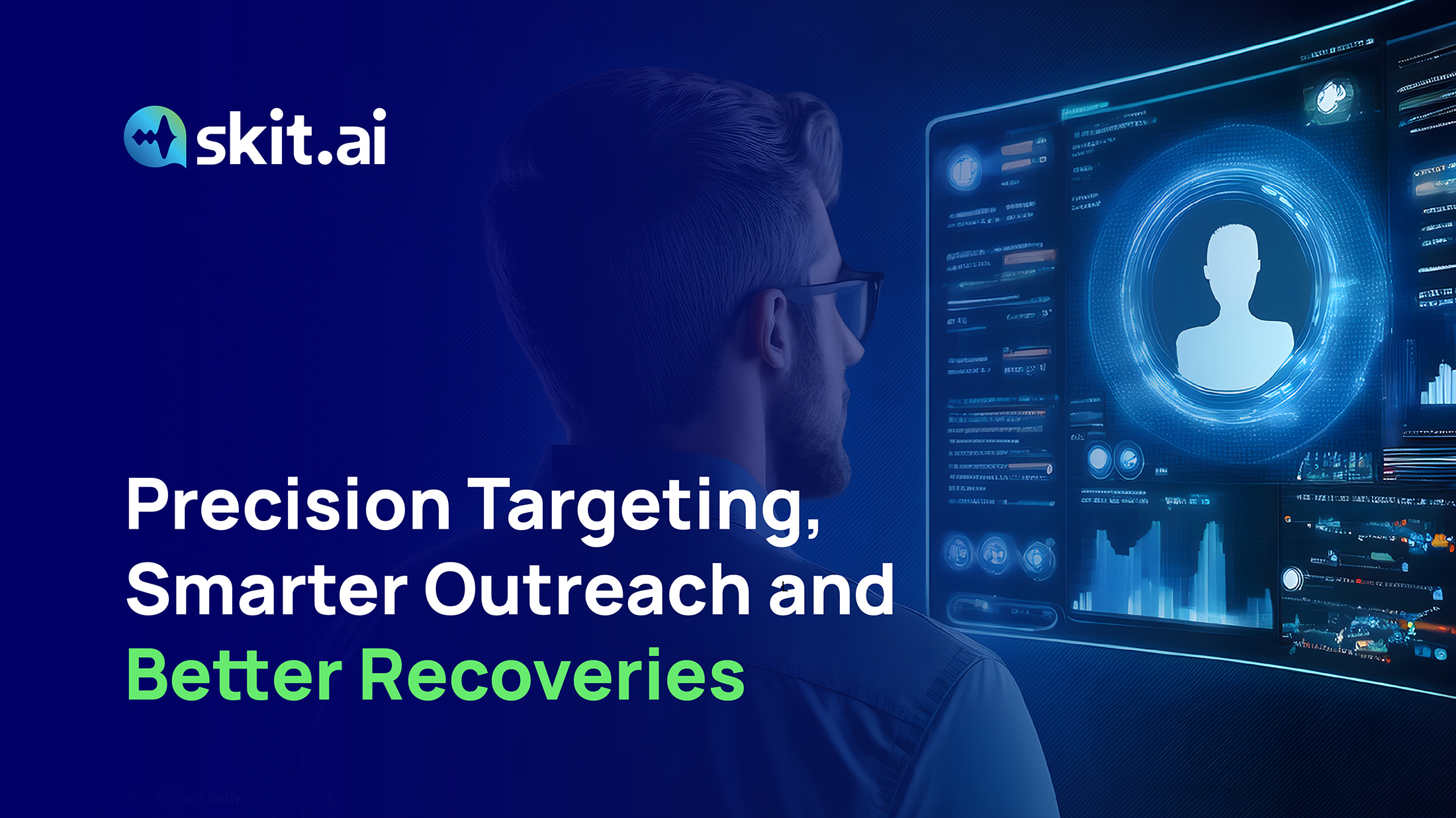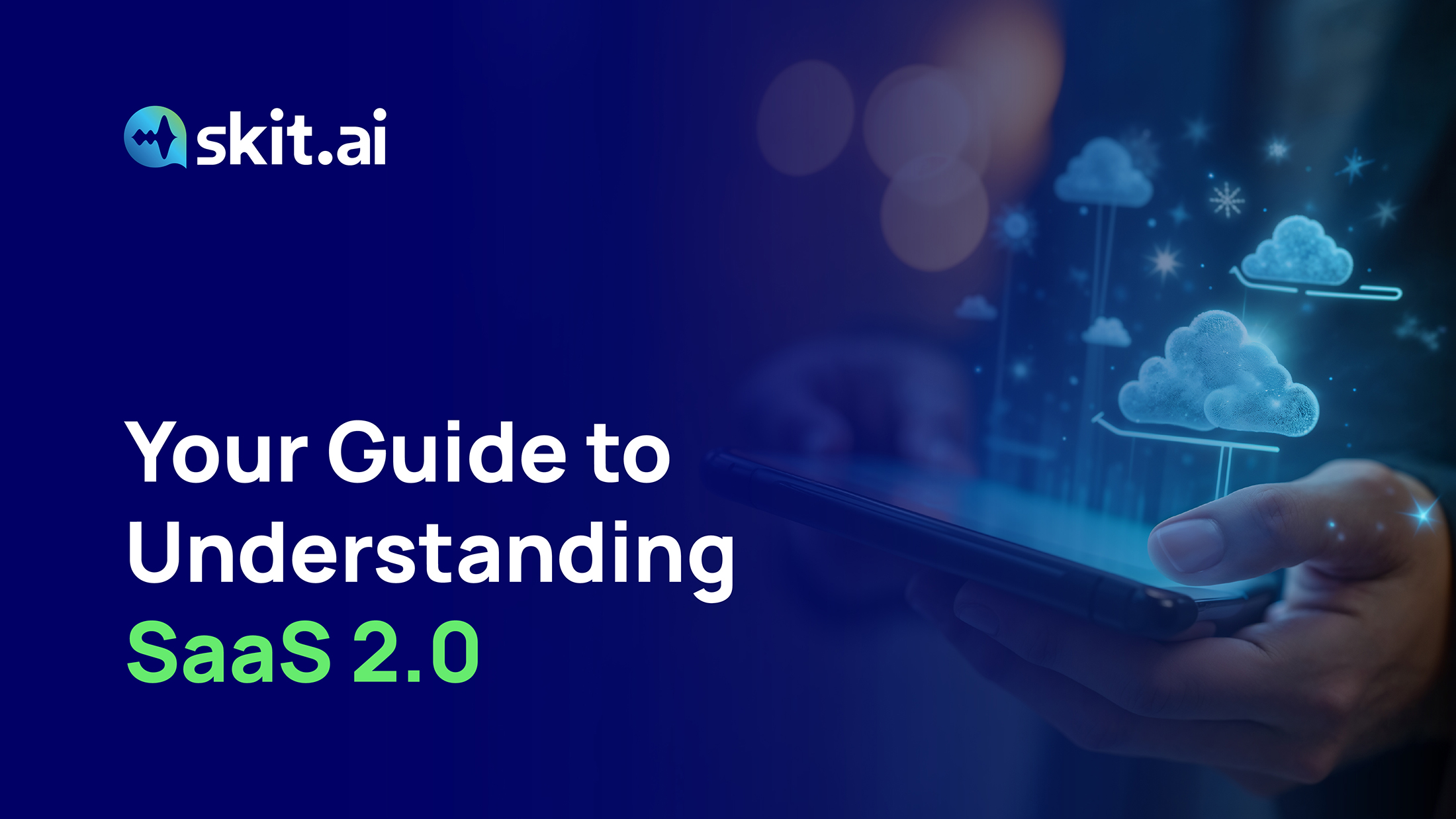The debt collection industry is a heavily regulated space; the number of laws and regulations in place can be quite overwhelming. Whenever a new technology or solution emerges, therefore, it is natural to wonder whether it is compatible with the existing laws and whether the provider is fully compliant.
As more collection agencies look into adopting a Conversational Voice AI solution to automate their collection calls, it can be confusing to go through the regulations and determine which ones apply and which ones don’t.
In this article, we’ll unpack one important law — the Telephone Consumer Protection Act — and analyze its key provisions from the perspective of a Voice AI provider.
An Overview of the TCPA
The Telephone Consumer Protection Act (TCPA), first passed by the U.S. Congress back in 1991, is one of the most important laws that regulate telemarketing and the use of automated telephone equipment.
The TCPA is a law that governs and regulates all telemarketing calls, auto-dialed calls, pre-recorded calls, and unsolicited faxes. Though this law primarily focuses on protecting consumers from unwanted communications, it also governs and prescribes restrictions in the context of debt collection calls.
The TCPA authorizes the Federal Communications Committee (FCC) to exempt certain types of calls from its restrictions, including “calls made to residential lines that are not made for a commercial purpose, calls made for a commercial purpose that do not contain an unsolicited advertisement, calls from tax-exempt nonprofit organizations, and healthcare-related calls.”
In 2022, more than 1,500 TCPA complaints were filed in federal courts.
Does the TCPA apply to debt collection calls? And how does it affect the use of Voice AI?
The Key Provisions of the TCPA and Collections
Calling Curfew
Solicitors can’t call customers at night time (indicatively, between 9:00 p.m. and 8:00 a.m.). However, the specific hours are determined by each state. For example, certain states do not allow calls on Sundays (e.g. Alabama, Louisiana, and Mississippi, among others). During the week, the starting time when calls are allowed varies by state—between 8:00 and 10:00 a.m. Calls need to be interrupted between 6:00 and 9:00 p.m. depending on the state.
National Do Not Call List
The National Do Not Call Registry was created to stop unwanted sales calls; anyone can register their phone number. Good news! This provision only applies to telemarketing calls. Luckily, debt collections do not qualify as telemarketing. However, if the customer explicitly asks not to be called, the collection agency needs to honor the request.
Self-Identification via Voicemail
If the collection agency wants to leave a voice message to the customer, then the collector must identify themselves and the agency and provide their telephone number.
Calling Mobile Phones
Nowadays, fewer people have landlines at home, and virtually everyone owns a cellphone. Still, the TCPA rules that callers can’t call a mobile phone without prior consent when using an automatic dialer, artificial voice, or a pre-recorded message. Therefore, one must obtain direct consumer consent prior to the use of these technologies to contact cellphones.
In the next section, we’ll see why Voice AI is not considered an automatic telephone dialing system (ATDS).
How the TCPA Impacts the Use of Voice AI
Over the years, there has been much confusion about what exactly qualifies as an automatic telephone dialing system (ATDS) under the TCPA. In 2021, the Supreme Court released its decision on Facebook v. Duguid, settling this long-standing uncertainty.
In a unanimous decision written by Justice Sonia Sotomayor, the Supreme Court established that an automatic telephone dialing system (ATDS) is a system or device that either:
- Stores a telephone number using a random or sequential number generator;
- Produces a telephone number using a random or sequential number generator.
Here’s why our Voice AI technology does not come under the purview of the ATDS definition under TCPA:
- Skit.ai’s solution does not randomly or sequentially store or produce telephone numbers.
- Our solution is designed to call the phone numbers provided by our clients, which are based on the accurate and complete databases of the clients, which enables Skit.ai to perform the services throughout the contract period.
- Since our clients have prior express consent to send communications to the identified consumers, Skit.ai can communicate with the consumers on behalf of its clients through its Voice AI technology.
Please note that the information in this article is not intended to be legal advice and may not be used as legal advice. For more information and to request a free demo, you can use the chat tool below to schedule a call with one of our collections experts.













